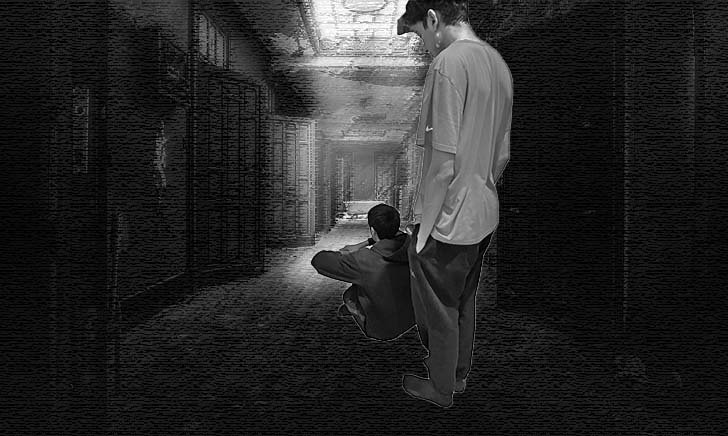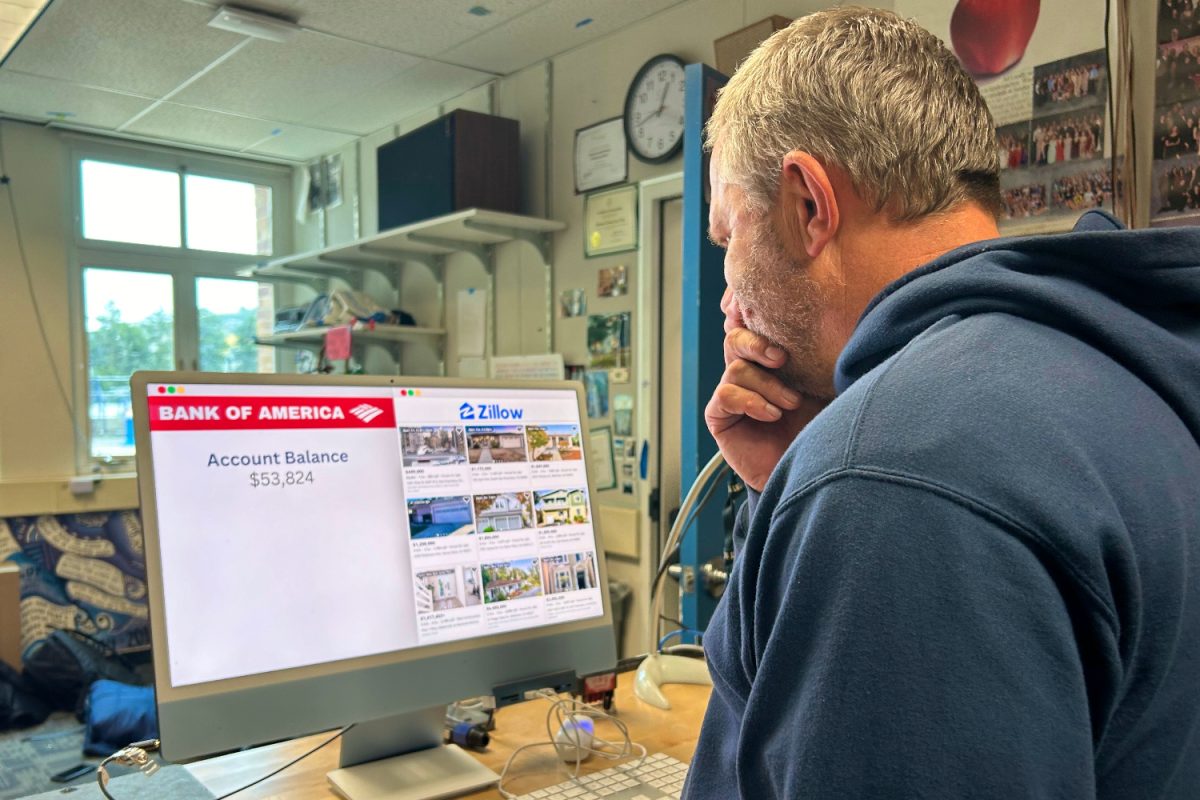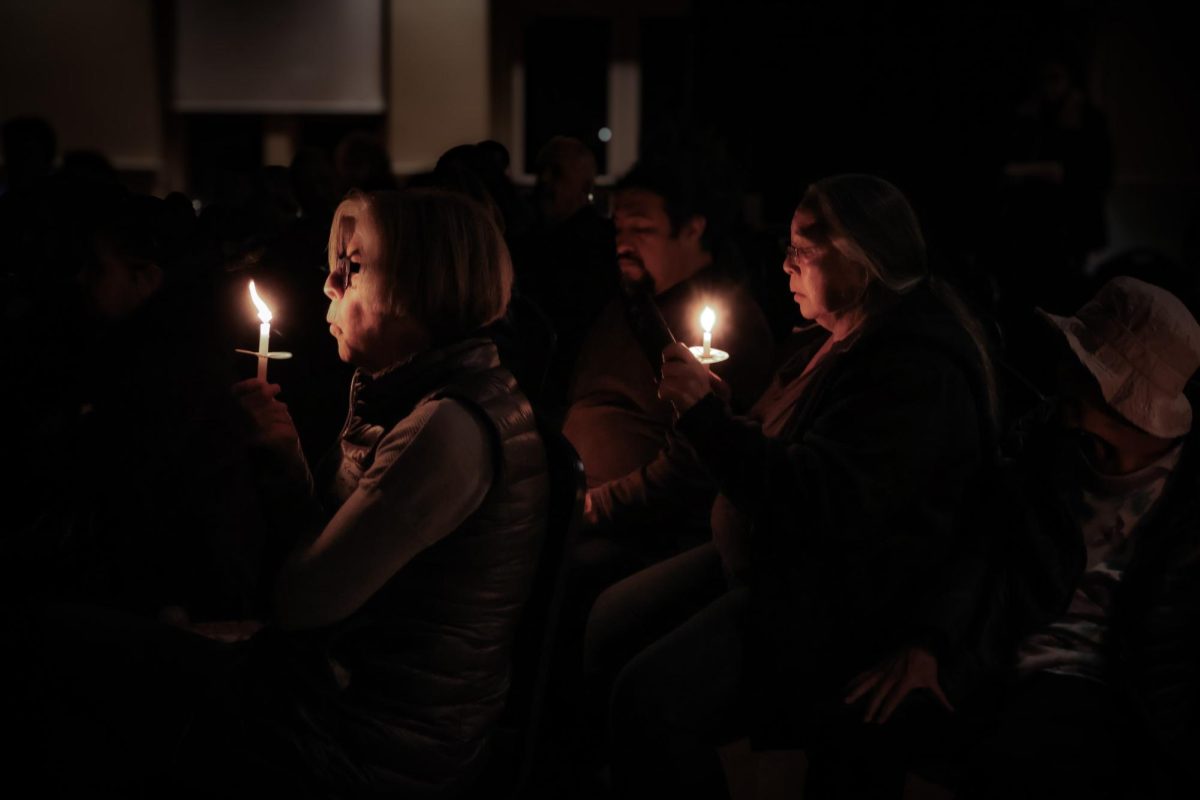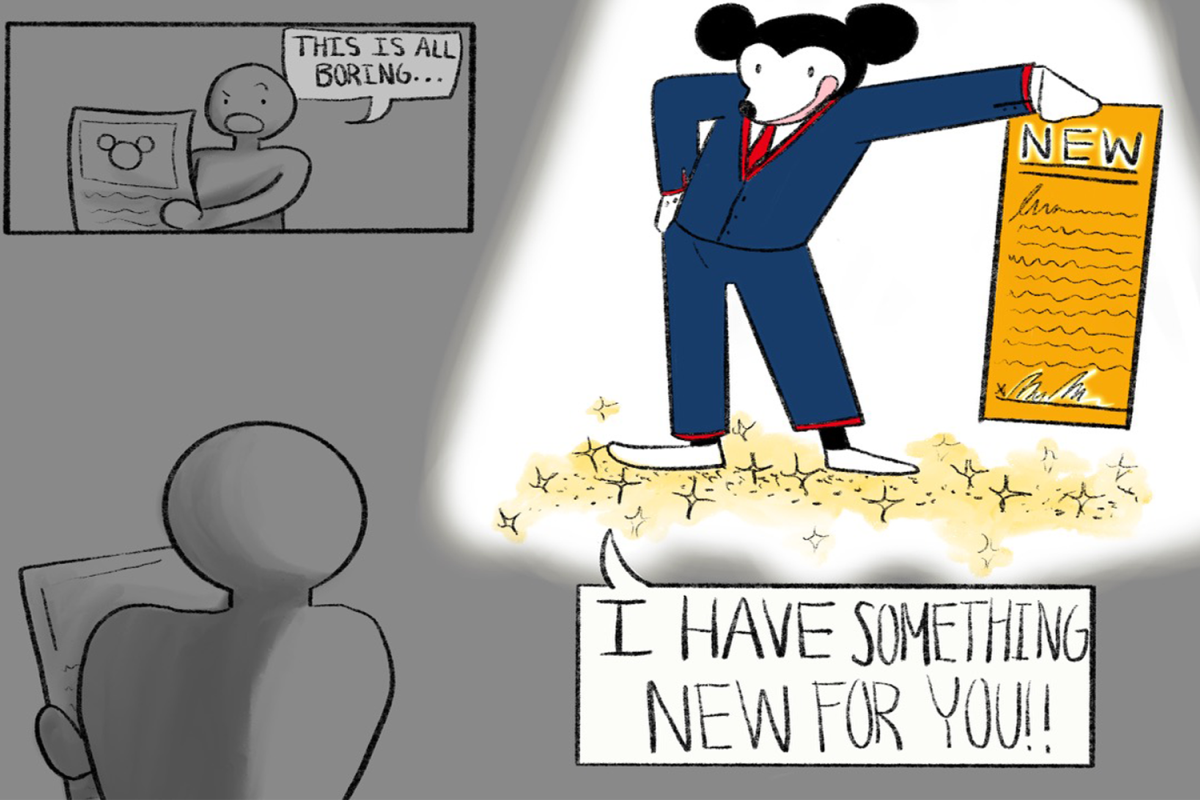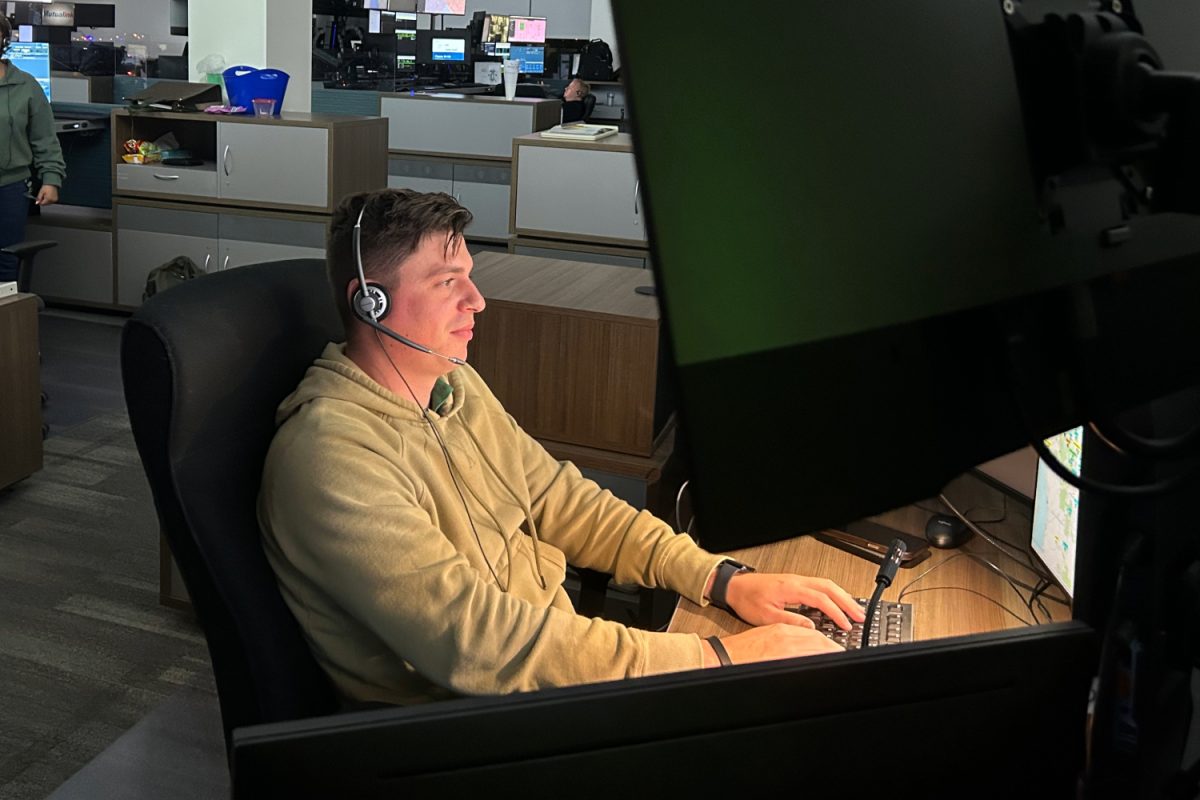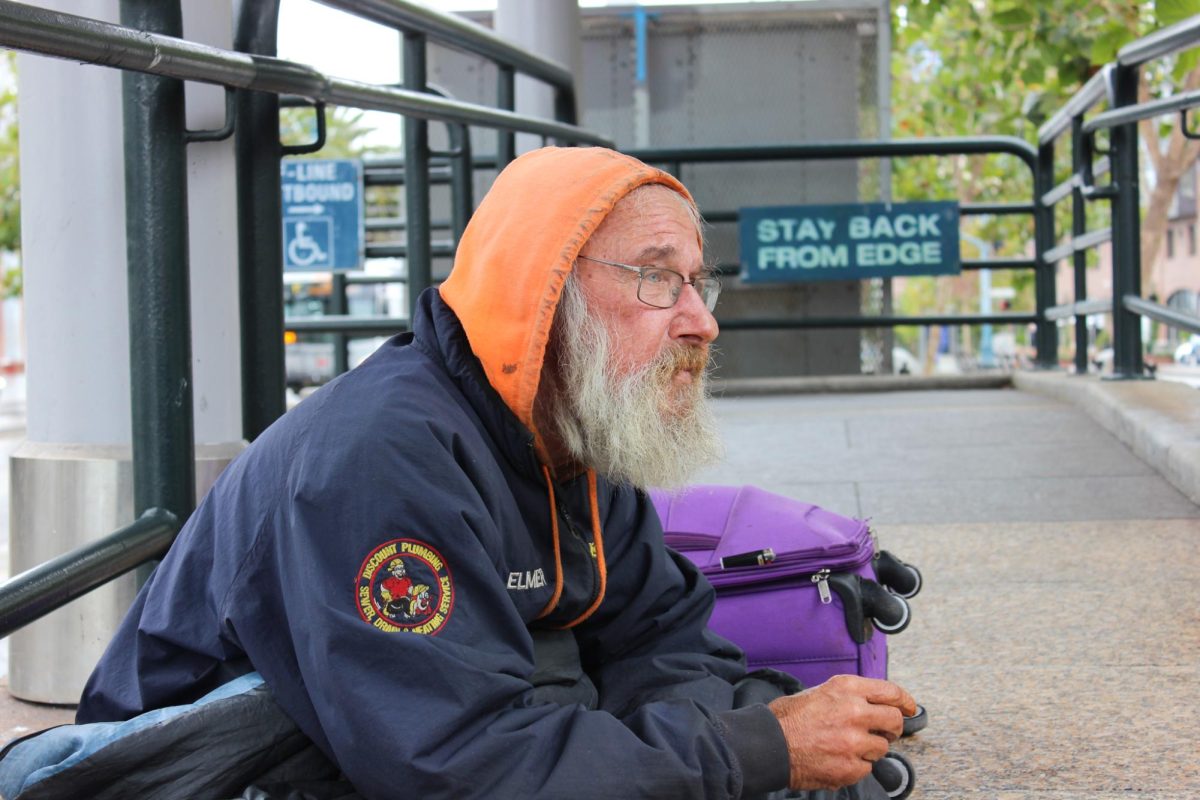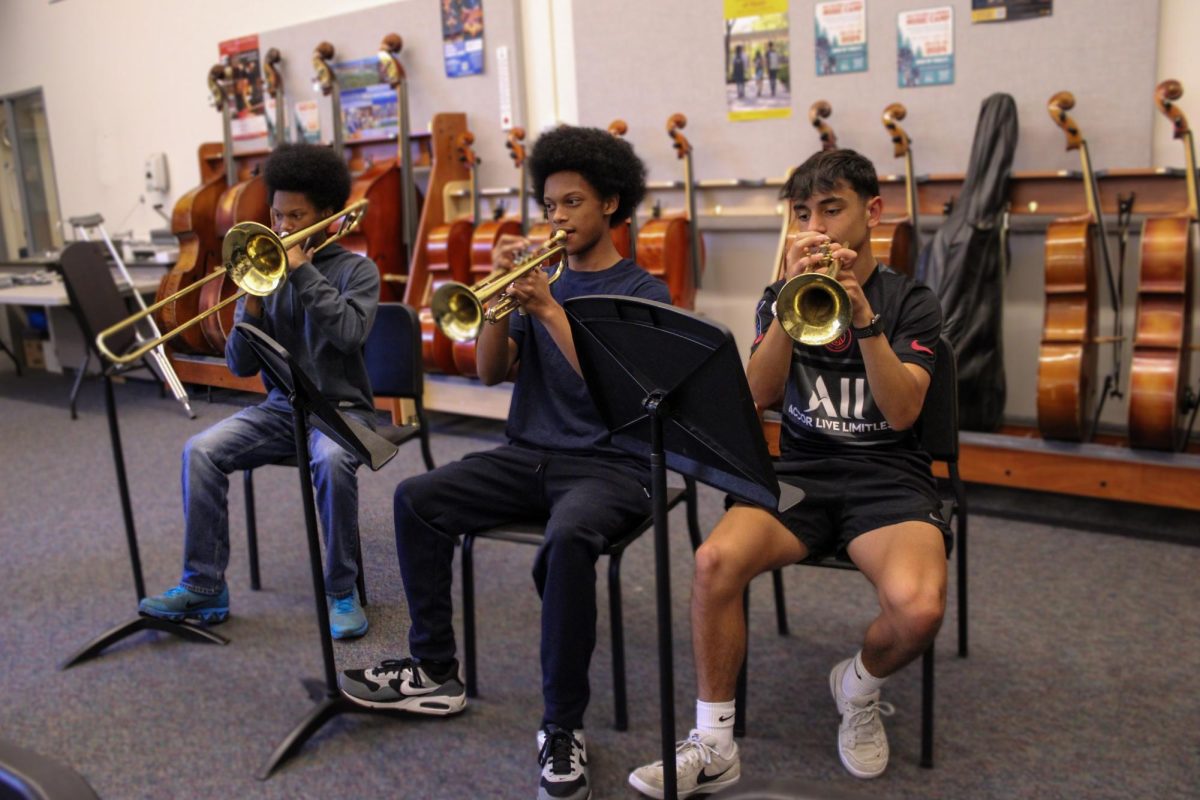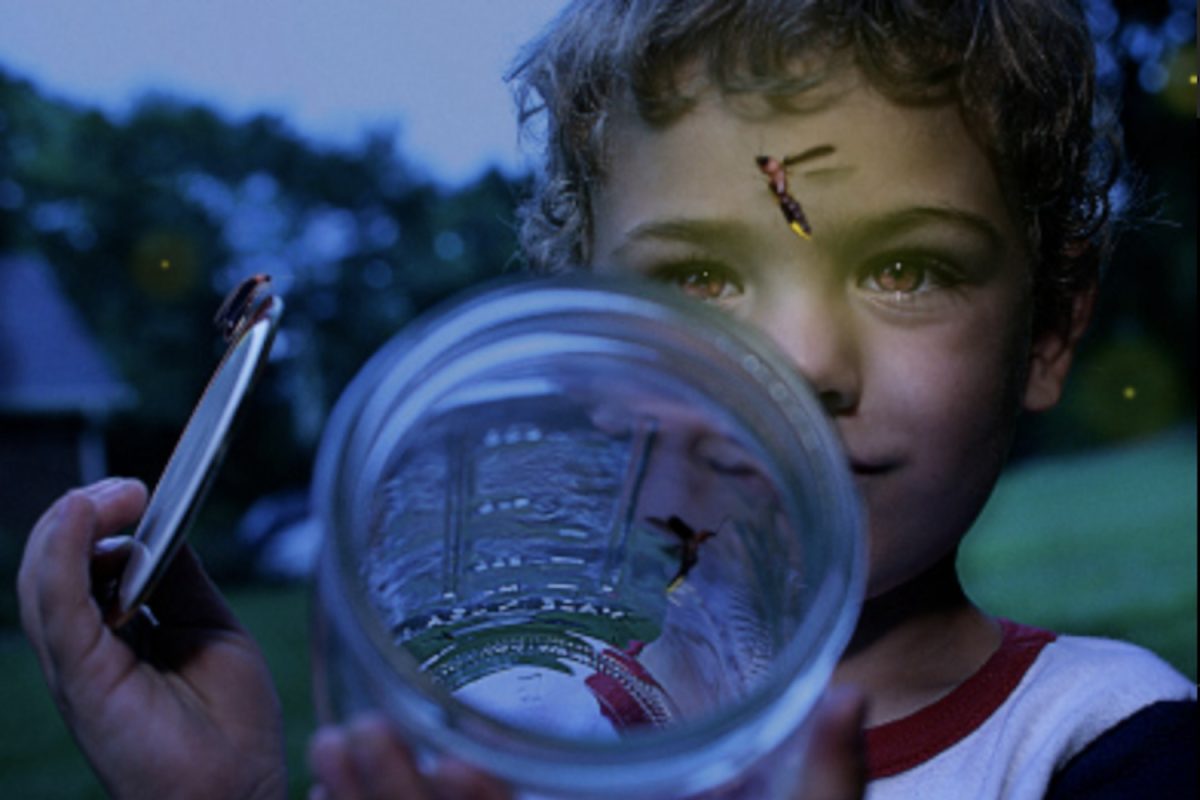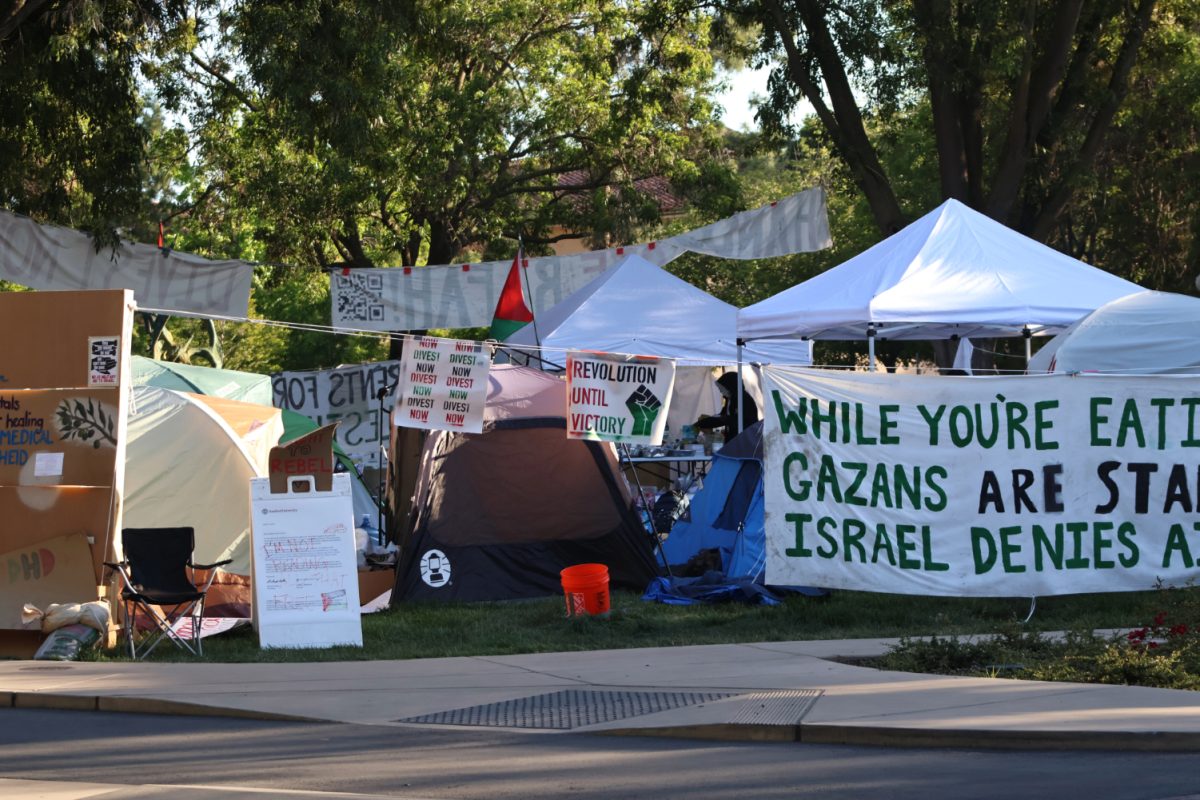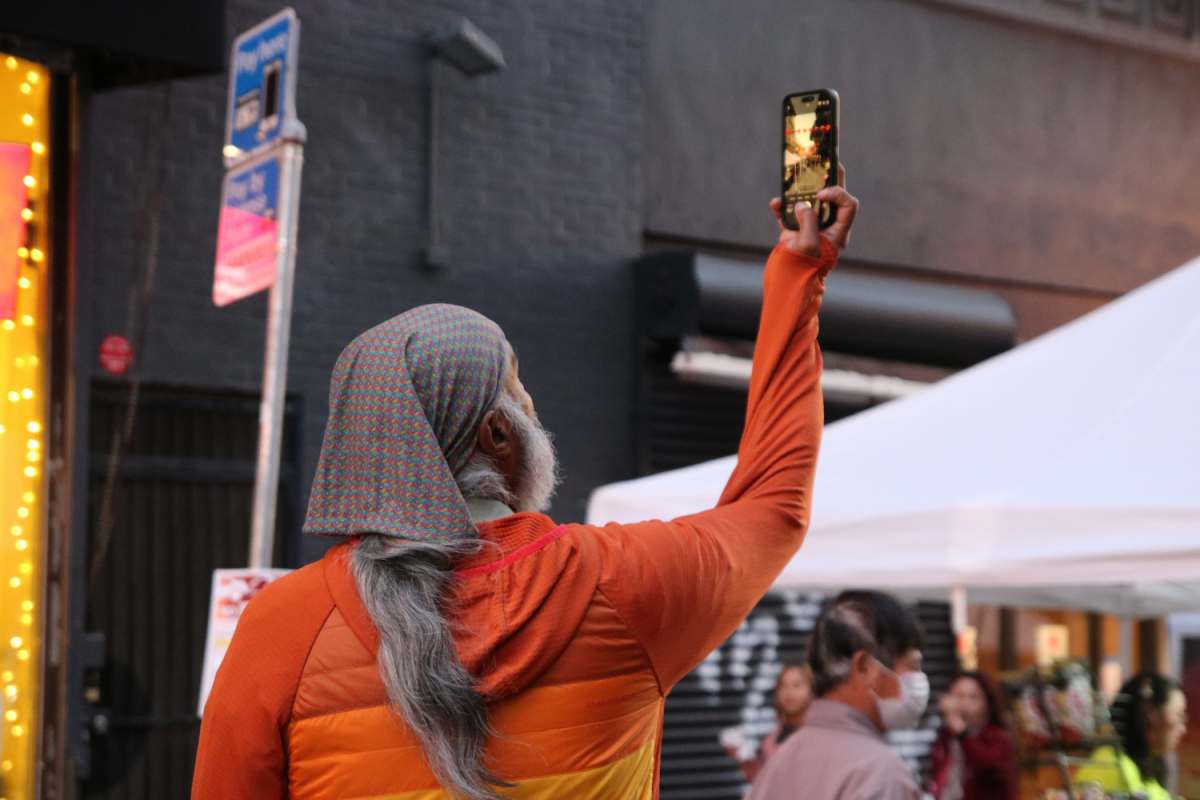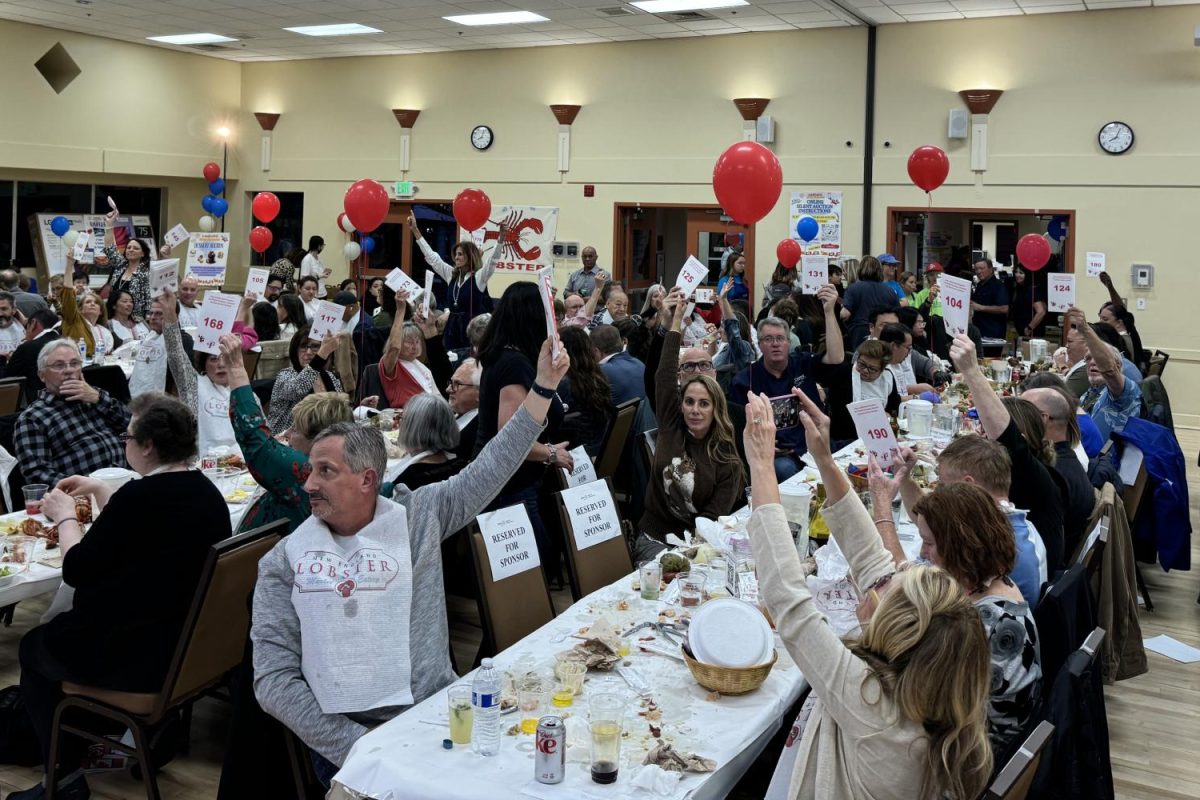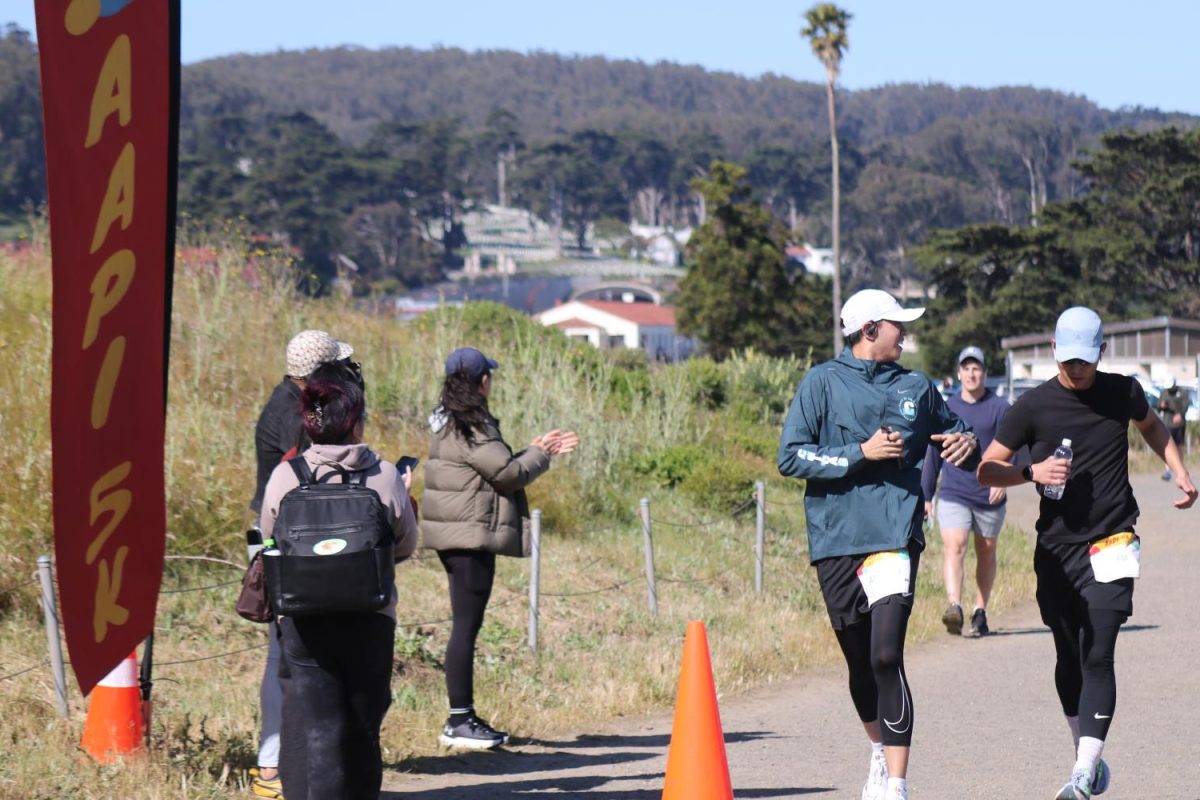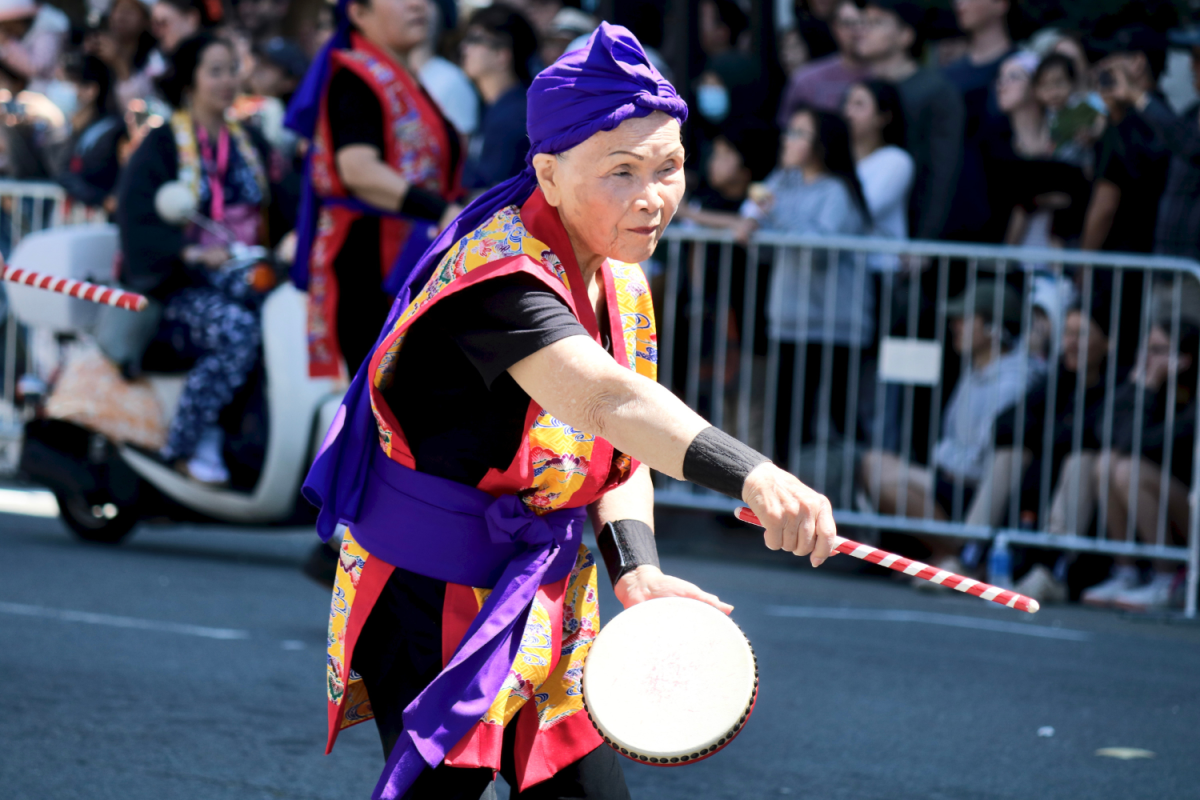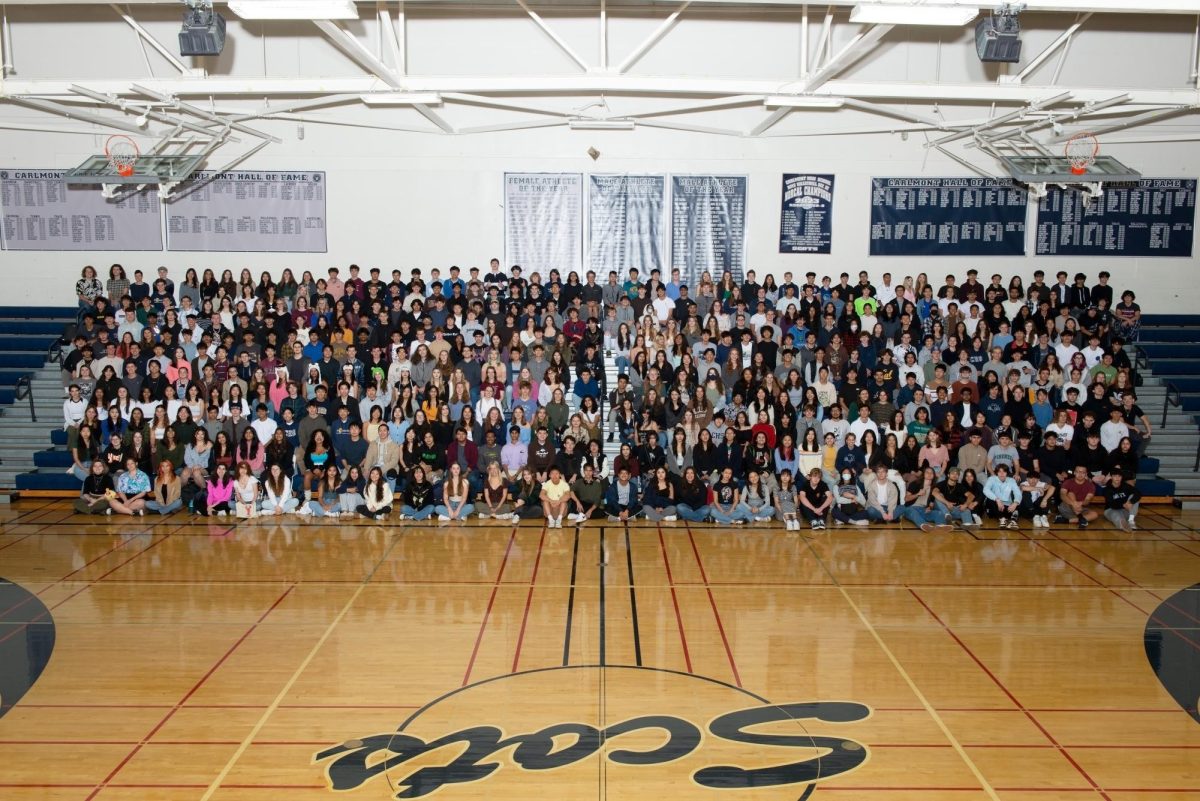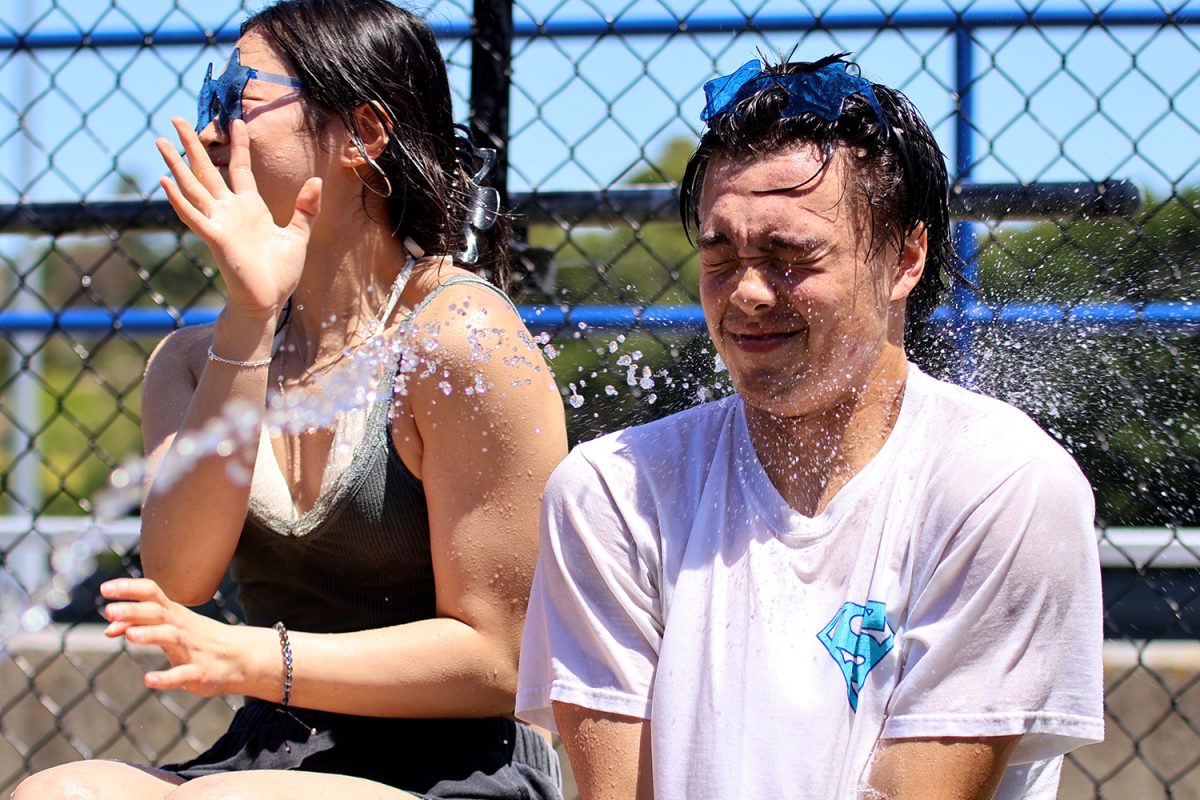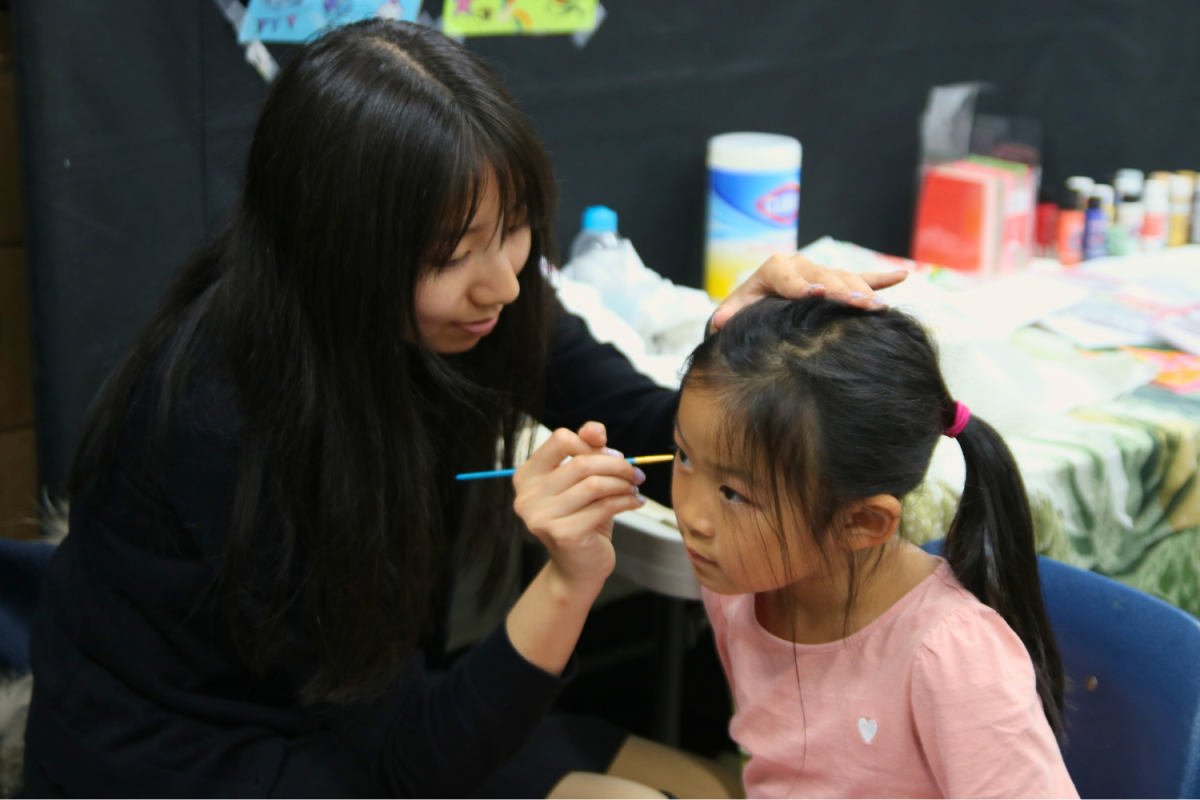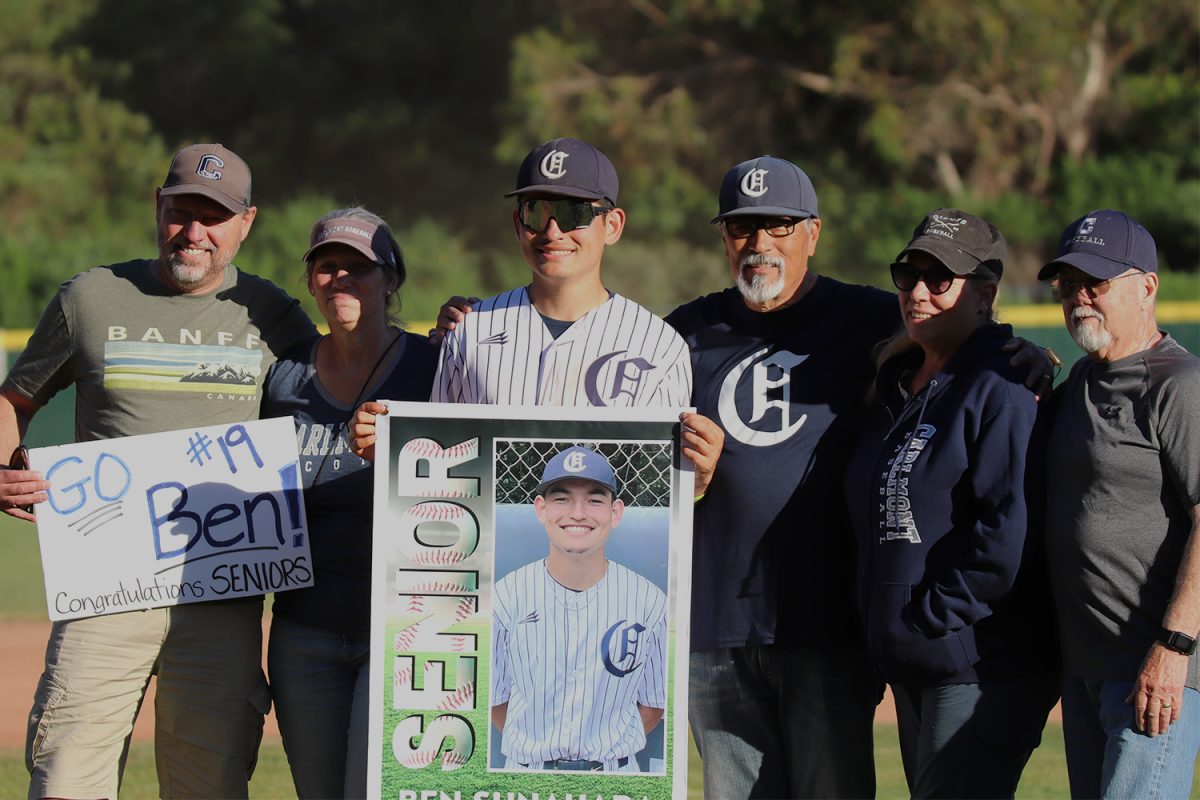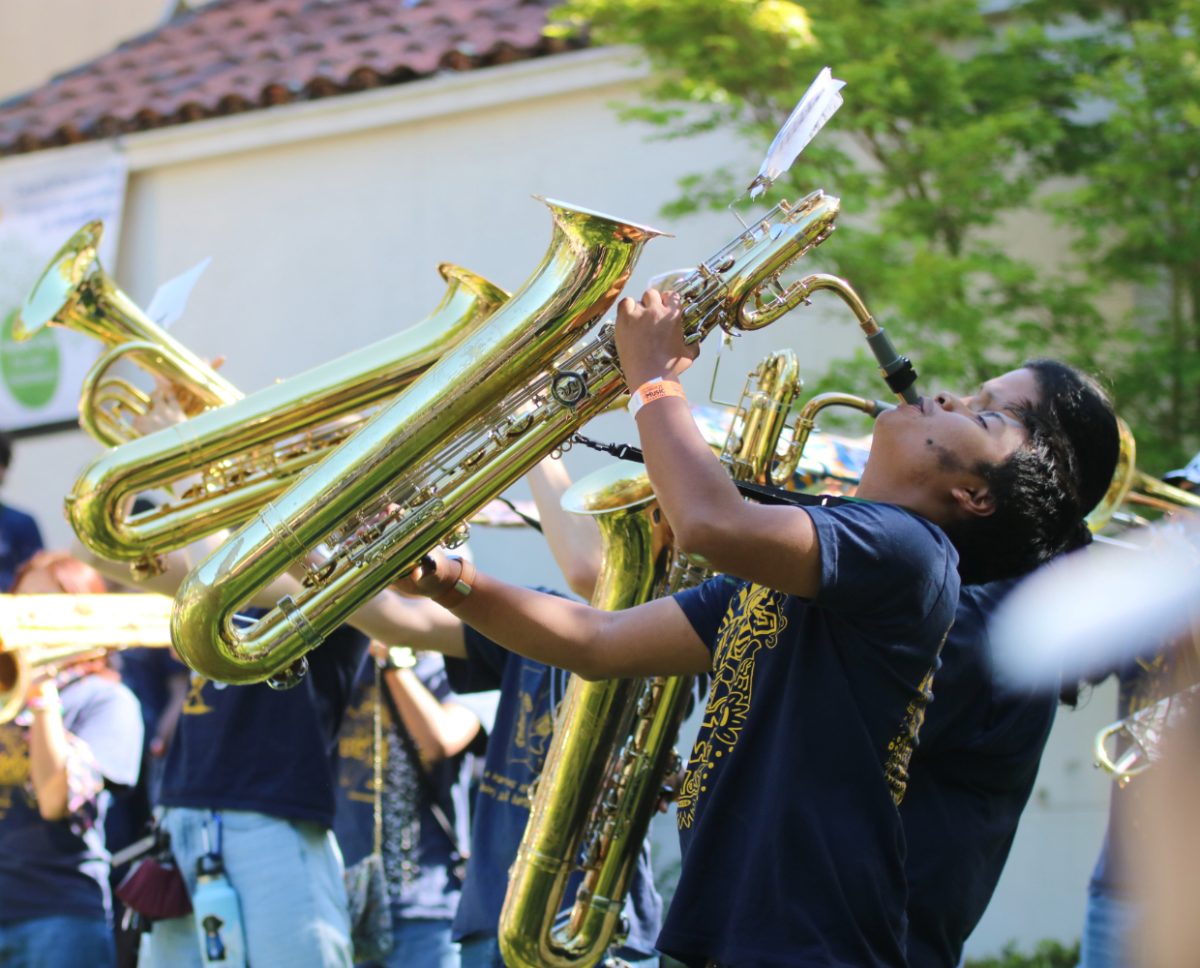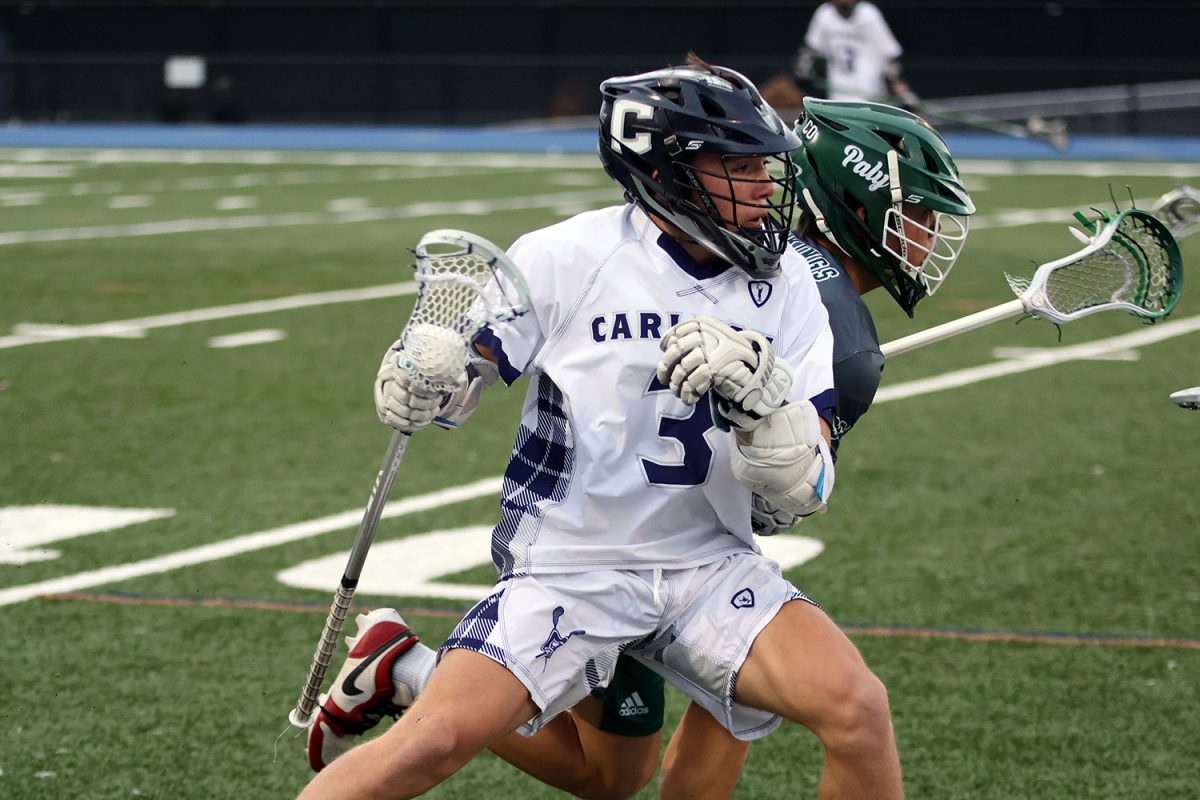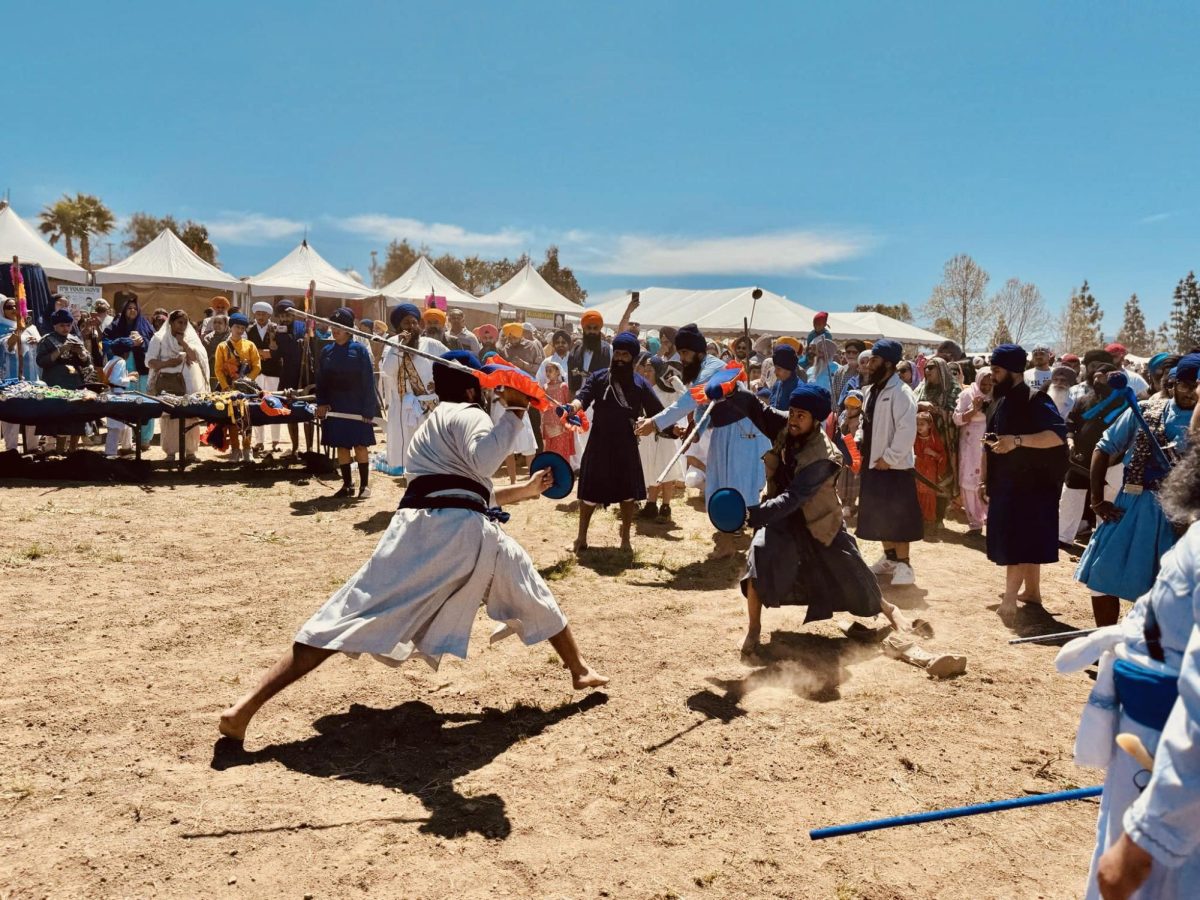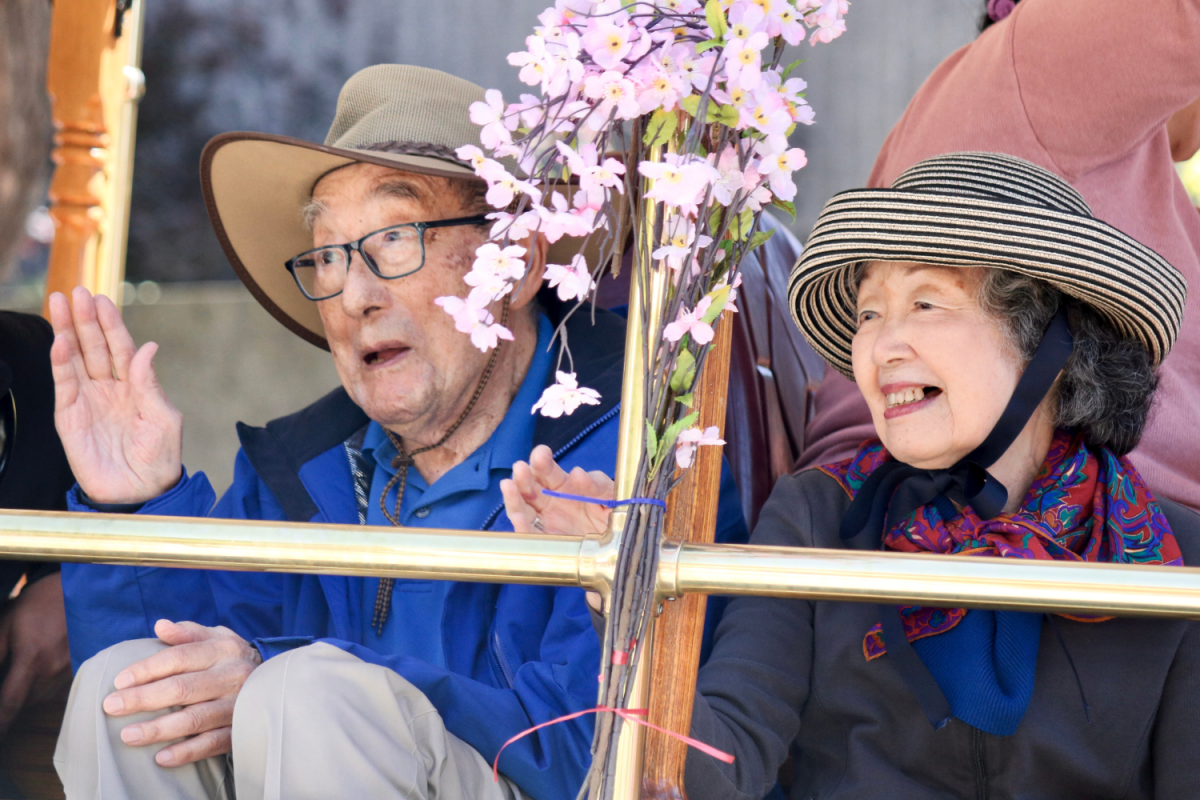It was Friday night, and Miraj Bhalala had just finished a long, hard-working week full of assignments, tests, and after-school sports. And yet, minutes after returning home from another successful week, he heads to his desk to start his homework and minutes after beginning, slams his textbook shut after getting stuck on a problem.
Bhalala holds himself to very high standards. With every aspect of his life, whether it’s academic, physical, or outside-of-school activities, he allows himself little to no room for error.
Bhalala is part of the overwhelming majority of kids in the world who have siblings. According to an article from the University of New Mexico titled The Importance of Siblings, 82% of children have siblings.
Alex Jensen, a Brigham Young University professor conducted a study that asked siblings on a scale of zero to five, how frequently they compare themselves to their siblings, with zero being never and five being constantly.
“Ninety-five percent of siblings compare themselves to their siblings,” Jensen said. “About 15% of siblings compare themselves to their siblings all the time.”
Growing up in a society where academic pressure is a huge aspect of a teenager’s life makes the academic comparisons between peers along with siblings stronger. According to a study about the top mental health issues affecting high school students in the Bay Area from Fuss4schools, 75 out of the 127 entries responded that their depression or anxiety is caused by stress over expectations, comparison, and perfectionism.
Siblings face the reality of doubting their academic potential since many are stuck in their sibling’s shadow of academic excellence.
“I’ve been accustomed to the grades my sister got when she was in high school and I was in middle school,” said junior Sami Parikh. “I always felt like that was the standard I needed to be at and sometimes that didn’t happen.”
According to a study on student stress from FinancesOnline, 75% of U.S. students report feeling academic stress sometimes or often.
“If my brother excelled in a class, I expect myself to do the same, if not achieve higher,” Bhalala said.
Many students are worried about getting a sufficient amount of credits to graduate. Others worry about keeping a 4.0 GPA and getting admitted into top universities. Regardless of goals or circumstances, the majority of kids with siblings find themselves under a tremendous amount of stress and pressure.
“Siblings’ achievements provide a reference point for one to understand where their strengths or weaknesses may be,” said Shawn Whiteman, a professor at Utah State.
In Bhalala’s experience, it’s difficult to commend himself for his achievements due to the constant fear he has an expectation to live up to. This fear stops him from doing activities that intrigue him and has led to a lack of self-motivation.
“The comparisons are more in my head. In my eyes, the way my parents talk about classes I should take is based on the classes my brother did well in,” Bhalala said.
A majority of people have this negative connotation that goes along with the idea of comparing themselves to their siblings. According to a study about social comparisons and destructive emotions from Princeton University, people who frequently compare themselves to others may be more inclined to engage in some harmful feelings and actions, particularly those that at least partially rely on social comparison mechanisms, such as jealousy, guilt, regret, blame, and lying. Jensen believes that depending on how strong the comparison is, it has the ability to show the bond between one and sibling.
“The theory of social comparison is especially important for siblings, because that theory says the more similar you are to somebody, the more the comparison matters. And that similarity makes that comparison all that much harder to get away from,” Jensen said.
According to surveys taken by the US Bureau of Labor Statistics, siblings in their teens spend about 267 minutes a day with their siblings. As one grows older, they spend more time alone and with their significant other. But, the third in line is minutes spent with siblings. Those who don’t have siblings find themselves alone much more than those who do.
There have been studies on birth order and how it affects personality and the way you go about your lifestyle. According to an article from PsychCentral, birth order has virtually no reflection on how one’s personality and how one compares themselves to others in their life, including siblings; however, Whiteman disagrees.
“Where we fall and the ordinal birth positions shape our experiences. Being older provides kids the opportunity to engage in activities before anybody else does,” Whiteman said. “And so they don’t necessarily have a reference point at all times for that behavior. Being younger, you have that older sibling to compare your experiences with and will alter the way you go about your everyday life; based on the way your siblings go about it.”
Though a comparison can show your similarities and differences to one’s siblings, it can also prevent one from accomplishing the future or career they aspire to partake in.
“I want to be as successful as my sister in the future and work at a successful company. This comparison gets to my head and makes me rethink what I actually want to do for my job or take part in a career that will live up to my sisters,” Parikh said.
Siblings have this perception of where to go in life based on sibling accomplishments. For Bhalala, he feels overshadowed by his sibling’s achievements and experiences.
“It’s like I’m in this never-ending spiral of comparisons with my brother. In that I will always have to live up to his accomplishments,” Bhalala said.

